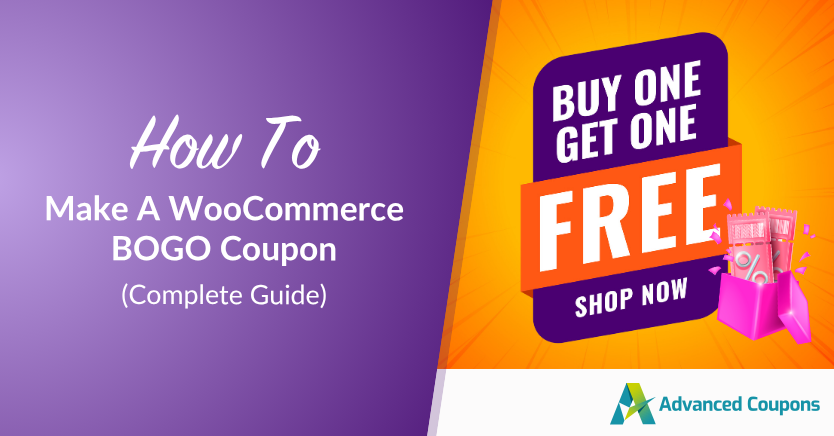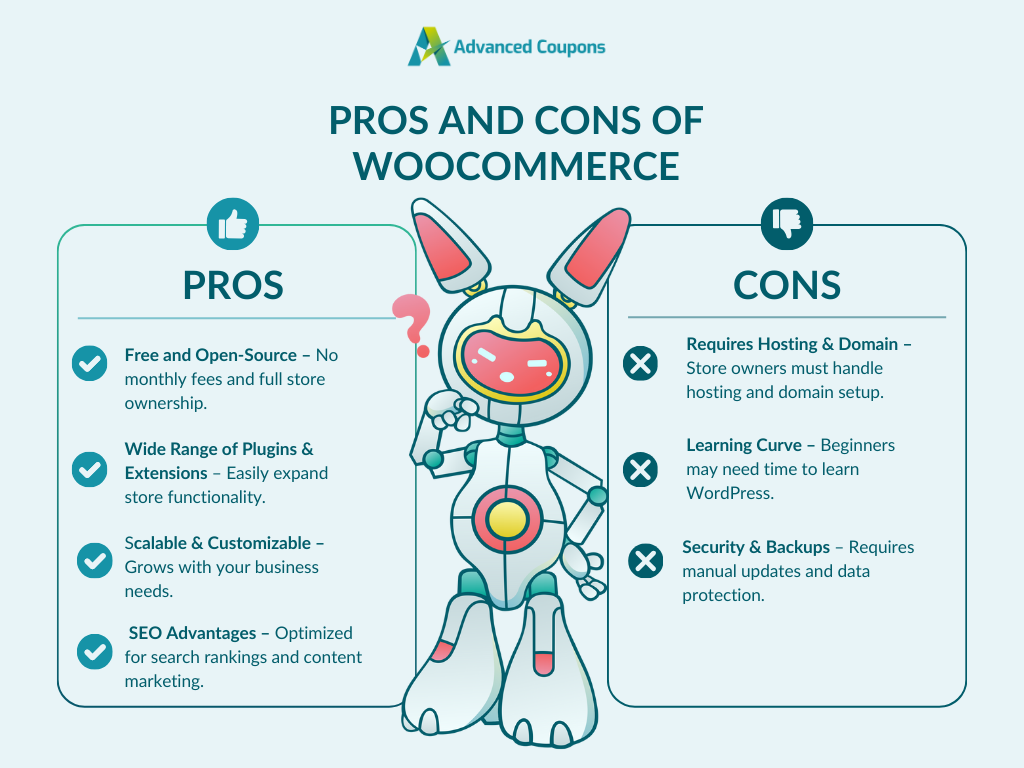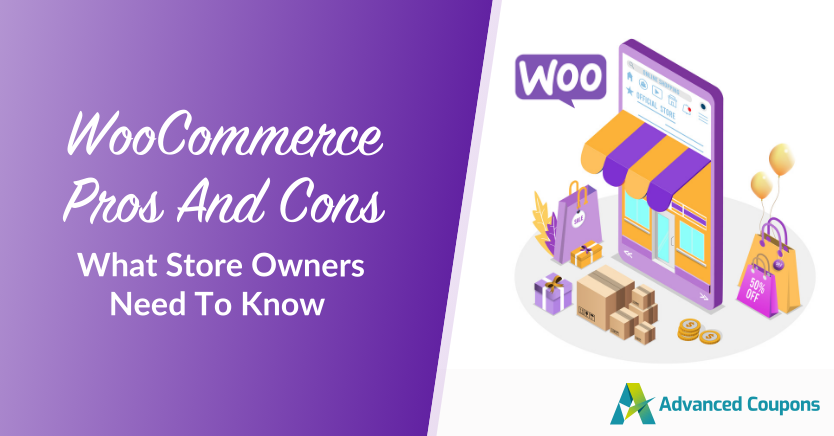
Thinking of bringing your business online? Smart move! Ecommerce is a booming trillion-dollar industry and there’s no better time than now to build your online presence. If you’ve been researching options, you’ve likely come across WooCommerce and wondered if it’s the right fit for you. Our guide will break down the WooCommerce pros and cons to help you make the right decision.
So, are you ready to learn? Let’s get right into it!
An Introduction To WooCommerce
WooCommerce is one of the most popular ecommerce platforms available today. It’s a free, open-source plugin for WordPress that can transform your WordPress website into an online store. Since its launch in 2011, the plugin has grown exponentially, currently powering over four million online stores worldwide.
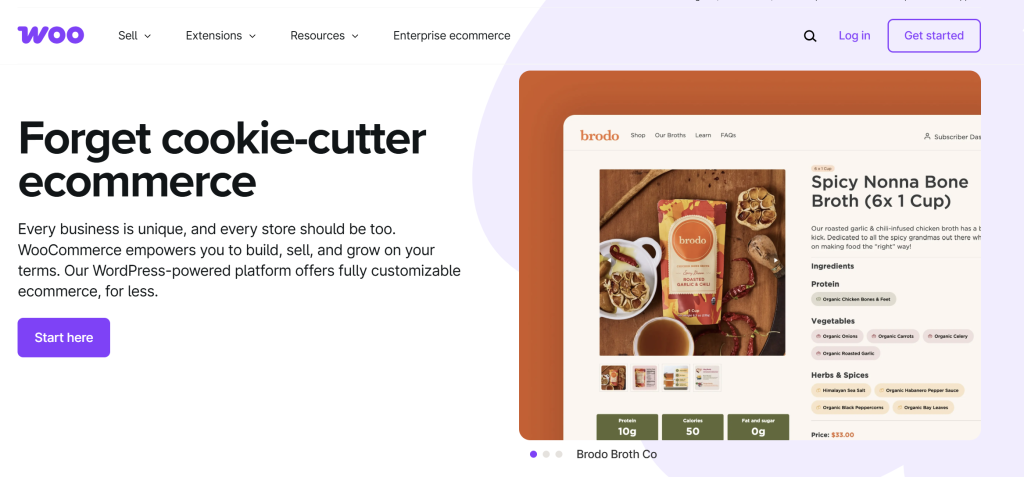
What makes this ecommerce solution so popular? Before we dive into the WooCommerce pros and cons, let’s take a quick glimpse of its main features:
- Product management: WooCommerce supports a variety of product types, including physical items, digital downloads, subscriptions, and memberships.
- Order & inventory management: This platform allows you to easily track inventory, manage stock levels, and process orders all within its dashboard.
- Promotion: WooCommerce offers basic coupon marketing functionality, letting you create simple discounts and offers to attract customers.
- SEO: As a plugin that runs on WordPress, WooCommerce benefits from the content creation features of the platform, helping business owners attract more organic traffic.
- Integration with multiple payment gateways: WooCommerce supports a wide range of payment options, including Stripe, PayPal, bank transfers, cash on delivery, and more.
These are just a few of WooCommerce’s key features. It’s easy to see why it’s a top choice among business owners. However, like any platform, it has both advantages and limitations. Let’s discuss that next!
Advantages Of WooCommerce
WooCommerce is one of the most popular ecommerce platforms for a reason! After touching on some of its key features, let’s walk through some of its biggest advantages in this section.
1. Free and open-source
WooCommerce is a free and open-source platform, giving store owners full control of their business without the high costs. Unlike other ecommerce platforms that come with subscription fees, this platform allows you to launch an online business with minimal upfront investment.
Since it’s open-source, store owners can modify and customize every aspect of their store. For instance, you can:
- Customize design: WooCommerce has thousands of compatible themes, allowing you to choose exactly how your store will look.
- Control your data: As an open-source platform, WooCommerce ensures you retain full ownership and control over your store’s data and content.
- Add more features: Choose from thousands of compatible plugins to extend your store’s features (more on this next!).
2. Offers a wide range of plugins and extensions
You don’t need to be a coding expert to customize your WooCommerce store! The platform offers a vast library of plugins and extensions to help you optimize your online business and invest in what matters.
For example, you may want to:
- Add advanced promotion & sales features: Plugins like Advanced Coupons allow you to extend the default coupon functionality of WooCommerce so you can craft BOGO deals, shipping discounts, and auto-apply promotions.
- Optimize SEO: Tools like AIOSEO can help improve your store’s search engine visibility, helping you reach more customers.
- Improve the shopping experience: Invest in tools that make shopping easier for customers, including AI-powered product summaries, live chat, or one-click checkout.
- Expand your market reach: With plugins like Wholesale Suite, you can start catering to wholesale customers and B2B buyers, alongside regular shoppers. You can even create your own marketplace with tools like WCVendors.
These are just a few of the possibilities. With thousands of free and premium plugins, you enjoy immense flexibility when it comes to customizing your store. This brings us to our next point!
3. Scalable and customizable for different business needs
With WooCommerce, you can customize and scale without limitations. This platform can grow alongside your store, allowing you to extend its features depending on your unique business needs.
Since it’s free, you can bring your business online and gradually add premium features along the way. This gives you full control over your store’s growth and expenses. In comparison, other platforms like Shopify charge monthly subscription fees that might get more costly as you scale.
WooCommerce also integrates easily with advanced marketing automation, analytics, and CRM tools, which are necessary as your business expands. The platform’s scalability and customization options make it a good choice for businesses of all shapes and sizes.
4. Offers SEO advantages
Online visibility is crucial in today’s increasingly digital world. According to Google, 51% of shoppers use search engines to research their upcoming online purchases. If customers can’t find your products or store in search engines, you’re missing out on valuable traffic and sales!
Since WooCommerce is built on WordPress, it offers powerful SEO capabilities that can help you rank better on search engines like Google and Bing. For instance, you can set SEO-friendly URLs and content for products, pages, and categories to help you target important industry keywords. What’s more, you can customize product listings and tweak meta descriptions to maximize search engine rankings.
Disadvantages Of WooCommerce
As with any other platform, WooCommerce comes with challenges and limitations. As we dive deeper into WooCommerce pros and cons, we’ll now walk you through the drawbacks you need to know to decide if it’s the right platform for your business.
1. Requires hosting and domain investment
WooCommerce is a self-hosted platform, which means you need to purchase your own domain name and choose a reliable hosting provider before you can set up your store.
Costs may vary depending on your chosen provider and hosting plan. Basic WordPress hosting starts at around $2 to $5 per month. Some hosting providers offer WooCommerce-optimized hosting with built-in performance tools and optimized security.
It’s important to invest in a reliable hosting provider as it will directly impact your site’s speed, security, and overall performance. While the need for hosting and domain might seem like an upfront investment, it also gives you full control over your online store.
2. May have a learning curve for non-WordPress users
Since WooCommerce is a WordPress plugin, it requires basic know-how of how WordPress works. This includes basics like navigating the admin dashboard, selecting themes, and downloading plugins. There can be a learning curve when starting to set everything up, especially for store owners who haven’t used WordPress before.
WooCommerce may take a little longer to learn but in the long run, it can offer immense flexibility and control compared to hosted platforms.
3. Security and backup management is your responsibility
Since WooCommerce is a self-hosted platform, you’ll need to handle security, maintenance, and backups to protect your business. Hosted eCommerce platforms like Shopify handle these aspects for you. Here are some important tasks to be aware of:
- Updating plugins and themes: To keep your website secure, ensure you keep all your plugins and themes updated. Outdated plugins can create security vulnerabilities.
- Creating regular store backups: Set up regular backups to prevent data loss in case of crashes or cyber-attacks. Plugins like VisserLabs allow you to automate data exports so you can manage your store’s data with ease.
- SSL certificate: Hosting providers typically provide SSL certificates–this is important for ensuring the security of payments and sensitive customer data.
Is WooCommerce Right For You?
Now that we’ve explored WooCommerce pros and cons, the question remains… Is it the right choice for you? Here’s a quick guide to help you out:
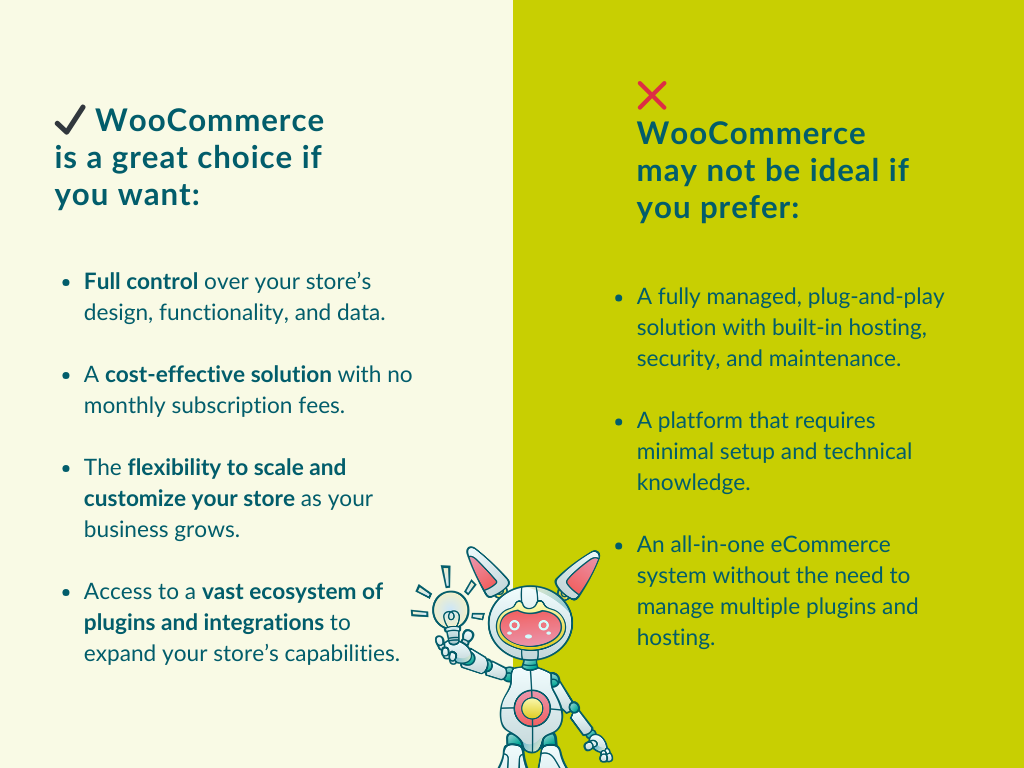
WooCommerce may require more hands-on management, but the immense flexibility it offers makes it a powerful, long-term choice for store owners serious about growing their business in the long run. Remember, the right ecommerce platform is one that aligns with your business model and your goals.
Powerful Tools For WooCommerce Store Owners
If you’ve chosen WooCommerce and want to take your store to the next level, integrating the right plugins can help you attract more customers, open up new revenue streams, and get your products in front of the right crowd. Here are some of the most powerful WooCommerce plugins that can enhance your store’s capabilities:
Advanced Coupons extend the default coupon functionality of WooCommerce, allowing you to craft advanced BOGO deals, shipping discounts, URL coupons, and auto-applied discounts. With this plugin, you can set cart conditions to determine how and when your promotions apply.
Wholesale Suite allows you to cater to wholesale customers and B2B buyers. This suite of powerful tools allows you to set wholesale pricing, offer bulk discounts, create easy-to-navigate bulk order forms, offer custom payment plans and so much more.
If you’re looking to build the next Etsy or Amazon, then WCVendors is the plugin for you. This powerful tool allows you to create a thriving WooCommerce marketplace where vendors can manage their own stores.
Take your marketing to the next level with AdTribes! This plugin allows you to create product feeds and show your products on big platforms like Google Shopping, Facebook, and Bing.
VisserLabs is the ultimate WooCommerce export and import solution. It offers advanced export scheduling, smart filtering, and robust attribute controls for your store. It is also built to handle large volumes of data, making the import or export of 10,000+ products easier than ever.
StoreAgent is an AI-powered assistant for WooCommerce store owners, designed to automate tasks and enhance customer interactions. From answering product questions to generating review summaries and optimizing product descriptions, this platform helps you streamline store operations!
Frequently Asked Questions
What is WooCommerce best for?
WooCommerce is the ideal ecommerce platform choice for business owners who prioritize flexibility, customization, and full control over their online store. Built on WordPress, this plugin offers powerful key features such as product catalog management, order processing, shipping setup, and SEO-friendly structure. It allows you to sell physical products, digital goods, memberships, and subscriptions, making it a versatile choice for business owners across industries.
Is WooCommerce paid or free?
WooCommerce is a free and open-source platform. However, store owners should factor in additional costs for a domain name, hosting plan, and premium plugins if they wish to enhance its core functionality.
What are the benefits of WooCommerce?
WooCommerce offers unmatched flexibility for store owners, allowing them to customize their store’s design and functionality. Store owners can choose from thousands of free and paid WooCommerce plugins and extensions to give customers a seamless shopping experience. It’s also free, allowing aspiring business owners to launch and scale their stores without large upfront costs. WooCommerce’s scalability makes it a top choice for businesses of all sizes.
Final Thoughts
WooCommerce is a powerful choice if you’re looking to launch an online business. In this comprehensive guide, we covered WooCommerce pros and cons to help you determine if it’s the right fit for you. We discovered:
The Pros Of WooCommerce
- Free and open-source
- Offers a wide range of plugins and extensions
- Scalable and customizable for different business needs
- SEO-friendly
The Cons Of WooCommerce
- Requires hosting and domain investment
- May have a learning curve for non-WordPress users
- Security and backup management is your responsibility
We also introduced you to powerful tools you can use to make your WooCommerce experience even better. With the right plugins, such as Advanced Coupons for promotions, VisserLabs for data management, and AdTribes for marketing—WooCommerce can provide a powerful, feature-rich online store that adapts to your business needs! Pretty awesome, right? 🎉
We hope that this guide to WooCommerce pros and cons helped you out! Do you have any questions? Let us know. We’ll do our best to help.

